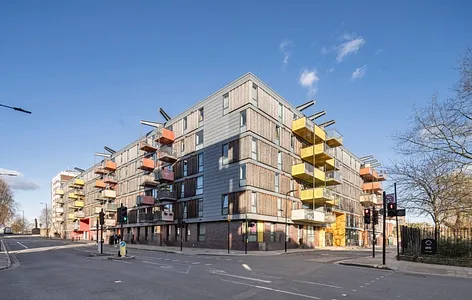Management and occupier's liability of empty commercial properties
Throughout property ownership, you may experience your spaces becoming partially or fully unoccupied, which presents a number of challenges for landlords. To protect your asset, it is essential to ensure that the space is protected during this time.
This will include the temporary closures of buildings that would otherwise have been in regular use that may be at greater risk of trespass. In addition to the closure of business premises, including shops, leisure venues, etc., many public buildings, including schools and universities have also closed, which may highlight the risk of trespass and other property management issues.
If a landlord is aware that the tenant has completely or partially vacated the premises and does not have a managing agent, they should notify the insurance company to ensure continuity of cover. It is important to ensure the building is secure and that all protection systems have been tested and are fully functioning and disconnect or power on non-essential mains services. Letterboxes should be sealed, and all waste refuse cleared.
In addition, landlords should undertake regular safety and security inspections to identify and remedy potential issues and deter criminal activity.
This final point is particularly relevant given that there are many temporary property closures where there is a duty owed to non-visitors or trespassers suffering injury on the premises caused by danger due to the state of the premises under the Occupiers’ Liability Act 1984. This states that a duty of care is owed if the occupier:
- is aware of the danger or has reasonable grounds to believe it exists.
- knows or has reasonable grounds to believe that the trespasser is in the vicinity of the danger or may come into the vicinity thereof; and
- the risk is one against which, in all the circumstances, the occupier may reasonably be expected to offer some protection to the trespasser.
Some insurers have advised that they will not require their insureds to comply with occupation conditions in their public liability and property insurance policies through the period of the pandemic. However, occupiers and landlords should ensure that they check the position with their insurers and comply with inspection requirements of their policies.
When buildings re-open following vacancy, where levels of risk posed to property owners and occupiers change regularly, this highlights the need to have a proactive managing agent who can deliver the right advice and act quickly to act quickly help safeguard the quality of the asset.
We advise our clients on managing the risk of vacant properties and would be happy to share our approach. Just give us a call or email a member of our team.
Subscribe to updates
Receive our latest news and insights to your inbox.









